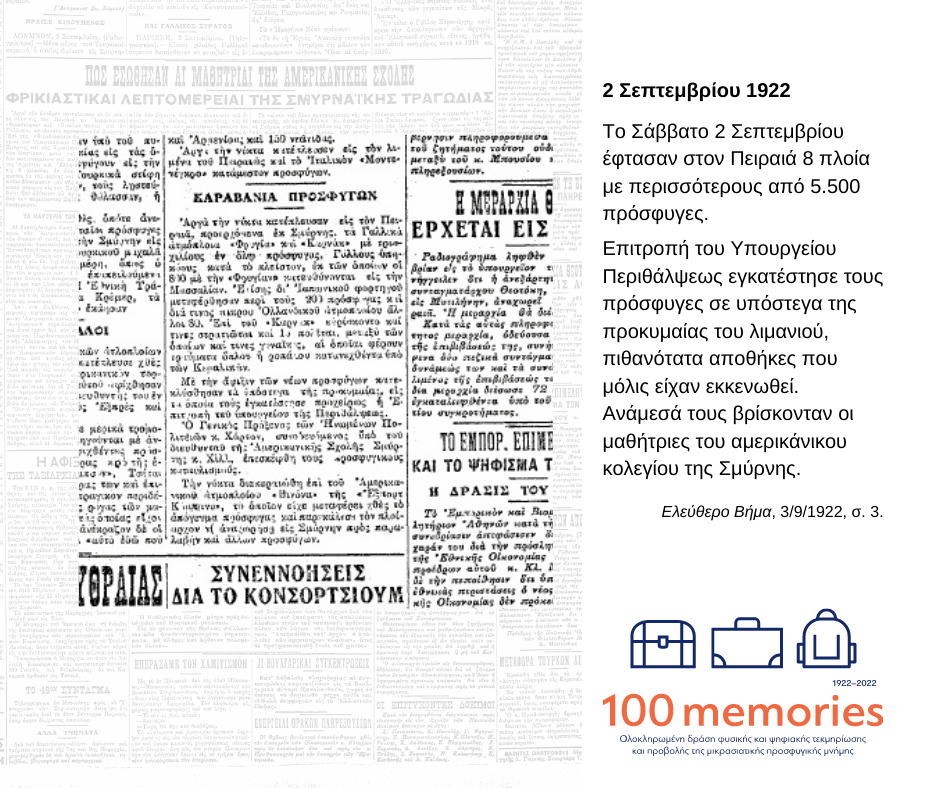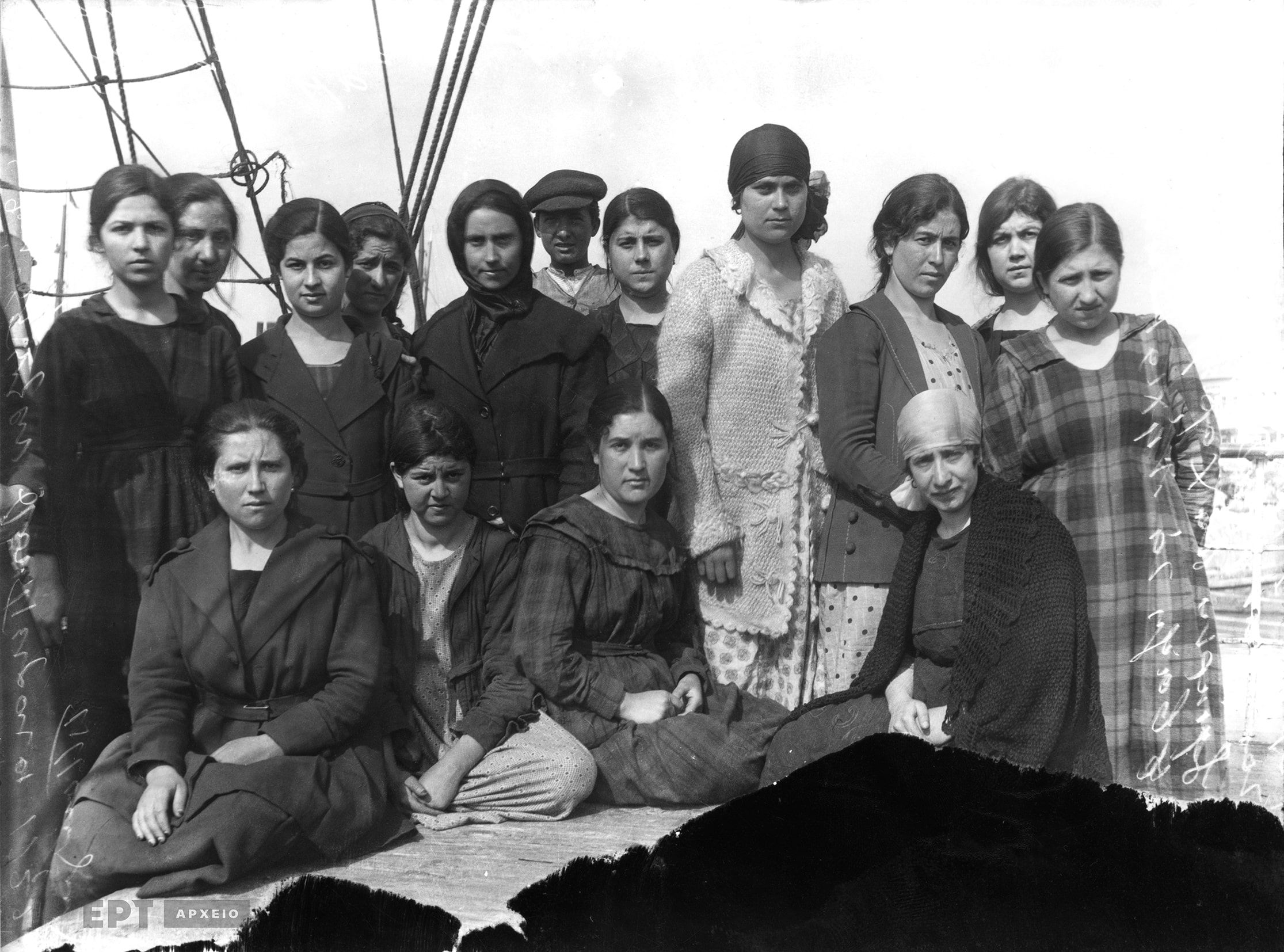
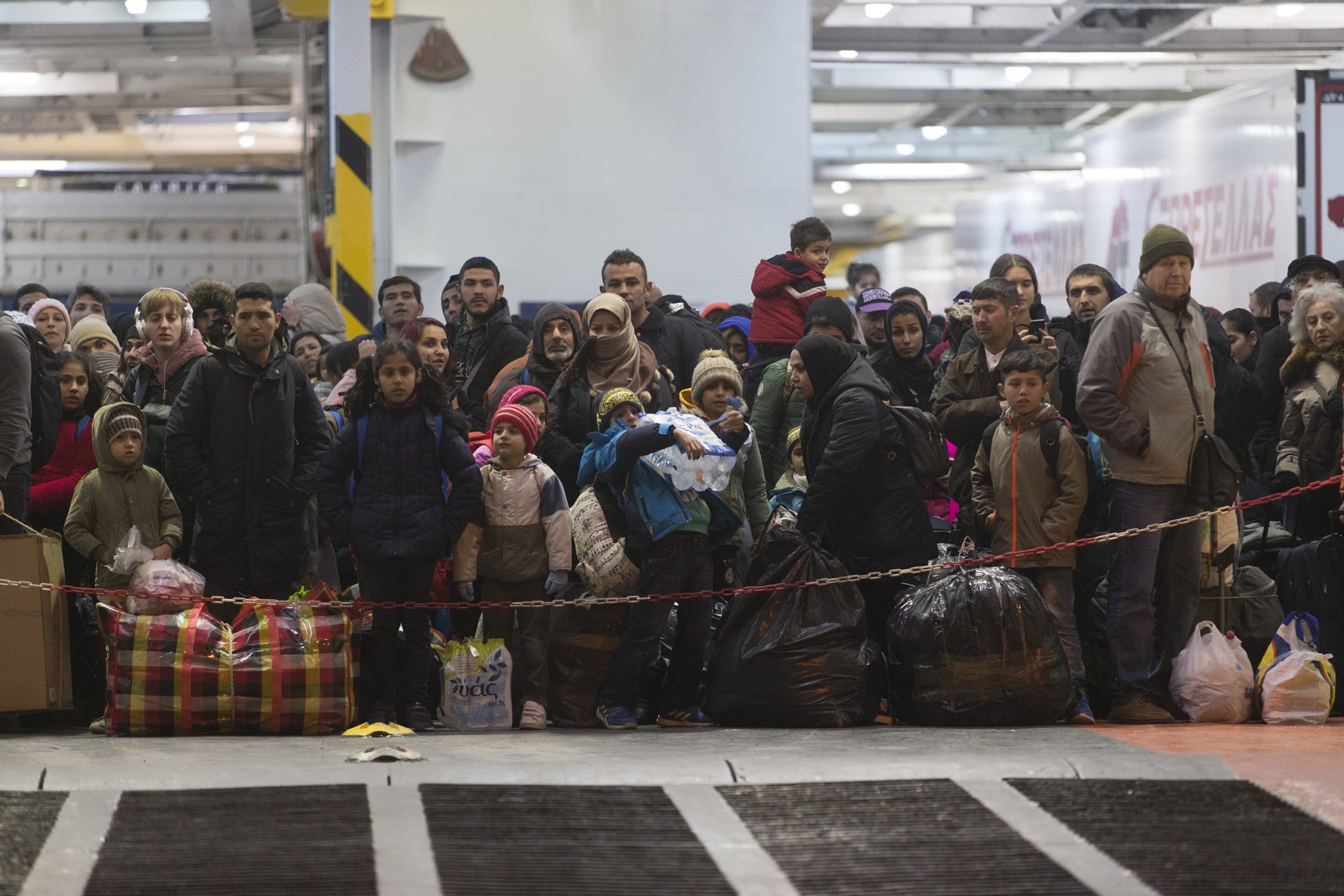
Project Goals
The research project ‘100memories: Multifaceted research action for the physical and digital documentation and promotion of Asia Minor refugee memory’ is implemented by the Institute of Historical Research at the National Hellenic Research Foundation, in collaboration with the cooperative companies SOCIALITY and COMMONSPACE. This dynamic and multifarious project aims to develop both digital and physical public history activities pertaining to the multiple refugee and migrant movements which have shaped the Greek territory over the last 100 years. The project activities will focus on the following port cities which have historically functioned as transit hubs and resettlement sites for refugees and migrants.
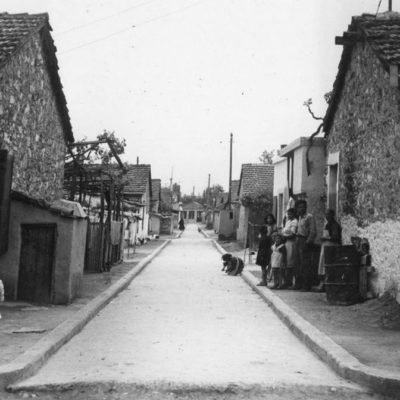
Volos
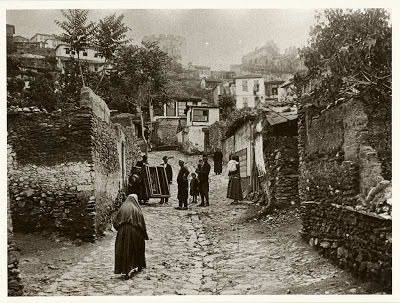
Thessaloniki
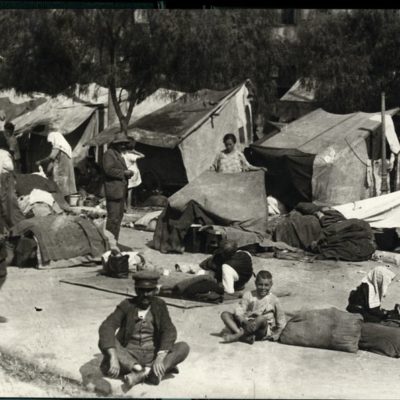
Piraeus
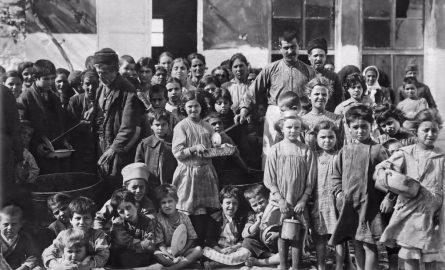
Chania
Project topic and objectives
The tangible objectives of the project can be divided into three sections: a) the documentation and digitalisation of historical evidence, b) the creation of tools for participatory design and establishment of best practices, and c) the development of physical and digital narratives. To achieve these diverse and ambitious goals, three different platforms will be developed as part of the project:

100Sources

100Reflections

100Places
News, Analyses, Events
The goal of the 100memories project is to utilise the methodological tools of history, social anthropology, geography, and cultural technology in collaboration with our partners from the fields of information technology (Sociality collective) and architecture (commonspace collective). We aspire to create an innovative project combining historical research and documentation with new technologies, which will be targeted at a wide audience through both physical and digital activities.
